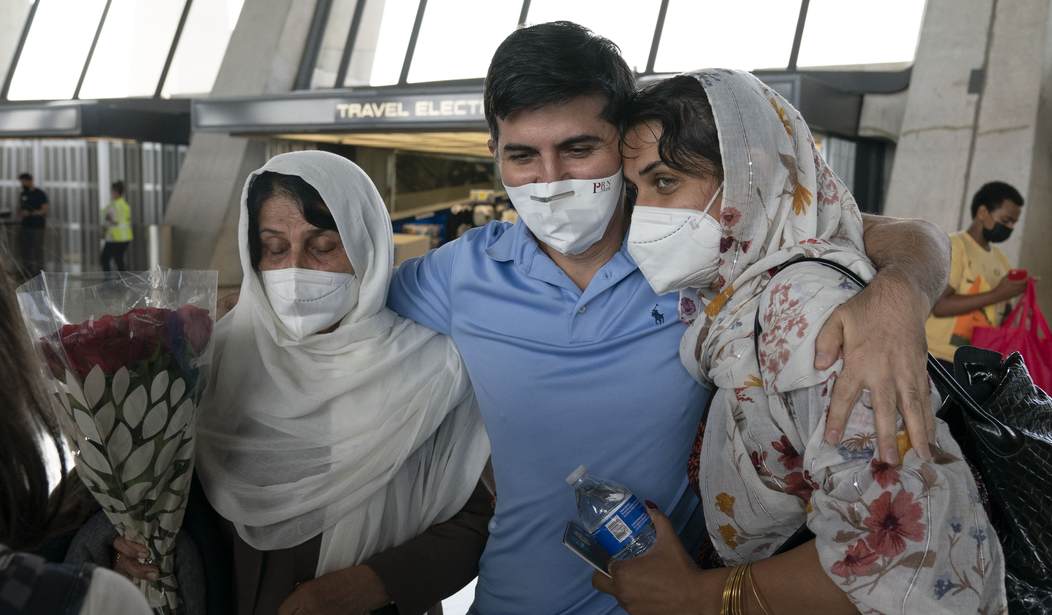As legacy media abdicate their role, we continue to look to local coverage of the ongoing disaster in Afghanistan.
A Connecticut news station reported last week that 43 Nutmeg State residents are still trapped in the country, while a former U.S. military translator in Texas told Sen. Jon Cornyn that “[a]lmost everybody is in danger now”.
I have been concerned with this travesty for months, and these headlines should be national news.
“More than three dozen Connecticut residents are still trying to leave Afghanistan after American forces withdrew,” the local NBC report explained. “Elected officials, relief organizations, and veterans groups are trying to get them out.”
“Their school teachers are calling me asking me where are the students. The 10-year-old student from New Haven who is stuck in Kabul is sending me voicemail messages,” Chris George, executive director of Interfaith Refugee and Immigration Service, a non-profit, non-sectarian agency, said. “They’re running out of food and yes, they are running out of hope.””
Meanwhile in Dallas, Najeeb Aminyar, an interpreter who arrived in the U.S. seven years ago, told Cornyn that many who were evacuated in Kabul’s chaotic fall this summer didn’t hold Special Immigrant Visas (SIVs).
“The Taliban has taken over,” Aminyar said at a meeting with the Republican senator. “They are a terrorist group. Almost everybody is in danger now.”
From a recent Dallas Morning News piece:
“The trio of Afghans who spoke at the event all came to the U.S. on SIVs, which provide them with a path to legal permanent residency similar to the one refugees normally receive. But getting the Afghans on such visas resettled in U.S. cities has been slow.”
When Cornyn asked Aminyar if he thought the Taliban will allow evacuations, the current law student and U.S. citizen said, “It has been a challenge.”
There are other stories of heroism and hard work— from Nebraska and Minnesota to California.
Related: American Children are Still Trapped in Afghanistan
And what is the Biden administration doing? The State Department finally announced last week plans to resume consistent evacuation flights out of Afghanistan, though this won’t occur for at least another month.
Antony Blinken’s department has yet to schedule a date because it is still working through arrangements with neighboring countries. Among the issues, they claim, is documentation for travelers, permission to fly over foreign nations, and procedures with the Taliban.
About 70,000 war refugees have arrived in the U.S. over past nine weeks, with about 10 percent being U.S. citizens or legal permanent residents; fewer than half, however, are SIV eligible.
The last U.S. military forces left Afghanistan 50 long days ago.









Join the conversation as a VIP Member